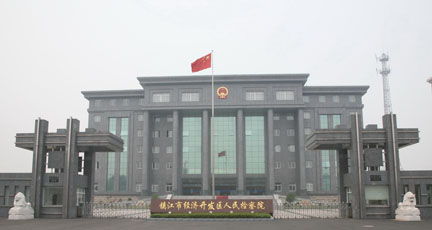Officer Corps
The term "Officer Corps" refers to a collective group of commissioned officers within a military organization or, in some contexts, a structured institution such as a police force or governmental body. These individuals hold leadership positions and are responsible for commanding, managing, and directing the operations of their respective units or organizations. Below, we explore the meaning, significance, and roles associated with the Officer Corps, particularly in a military context, where the term is most commonly applied.
Definition and Historical Context
In military terms, the Officer Corps consists of individuals who have been formally commissioned to serve as leaders within the armed forces. Unlike enlisted personnel, who form the backbone of the military workforce, officers are granted authority through a commission—a formal document typically issued by a head of state or government—empowering them to lead troops, make strategic decisions, and uphold the discipline and morale of their units. Historically, the concept of an Officer Corps emerged as militaries became more organized and professionalized, particularly during the 17th and 18th centuries in Europe, when standing armies replaced feudal levies.
Roles and Responsibilities
Members of the Officer Corps are tasked with a wide range of duties that extend beyond basic combat. They are planners, strategists, and administrators who ensure that military operations run smoothly. For example, a junior officer, such as a lieutenant, might lead a small unit like a platoon, while senior officers, such as colonels or generals, oversee entire brigades, divisions, or even theater-wide campaigns. Their responsibilities include training soldiers, developing operational plans, coordinating logistics, and maintaining communication with higher command structures. In essence, the Officer Corps serves as the intellectual and leadership core of the military.
Significance in Modern Times
In contemporary armed forces, the Officer Corps remains a vital component of military effectiveness. Officers are often required to possess advanced education, such as a college degree, and undergo rigorous training at institutions like military academies (e.g., West Point in the United States or Sandhurst in the United Kingdom). The modern Officer Corps is also characterized by its adaptability, as officers must navigate complex geopolitical environments, advanced technology (e.g., drones and cyber warfare), and joint operations with allied forces. Beyond the military, the term "Officer Corps" can sometimes be used metaphorically to describe leadership groups in other hierarchical organizations, though this is less common.
Conclusion
The Officer Corps represents the leadership elite within a military or similar structured entity, embodying authority, responsibility, and expertise. Its members are entrusted with guiding their organizations through both peacetime and conflict, making decisions that can shape the course of history. Whether on the battlefield or in administrative roles, the Officer Corps is a cornerstone of organizational success, reflecting a blend of tradition, discipline, and forward-thinking leadership.
